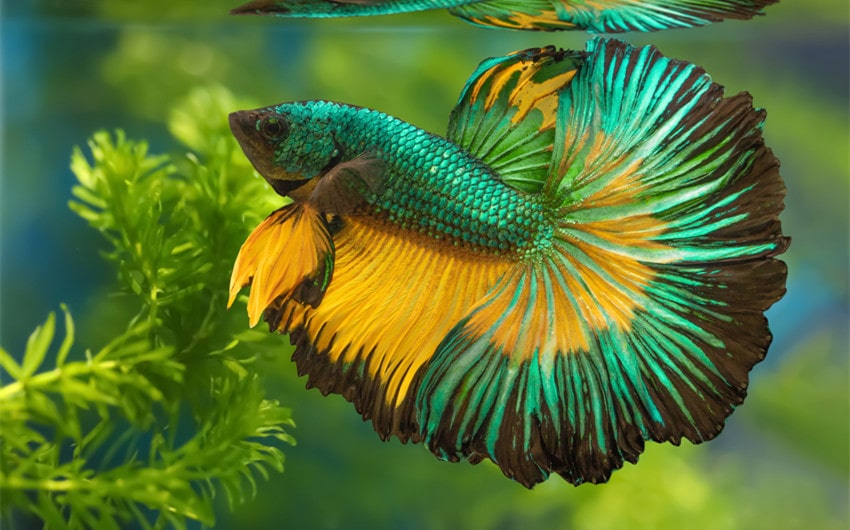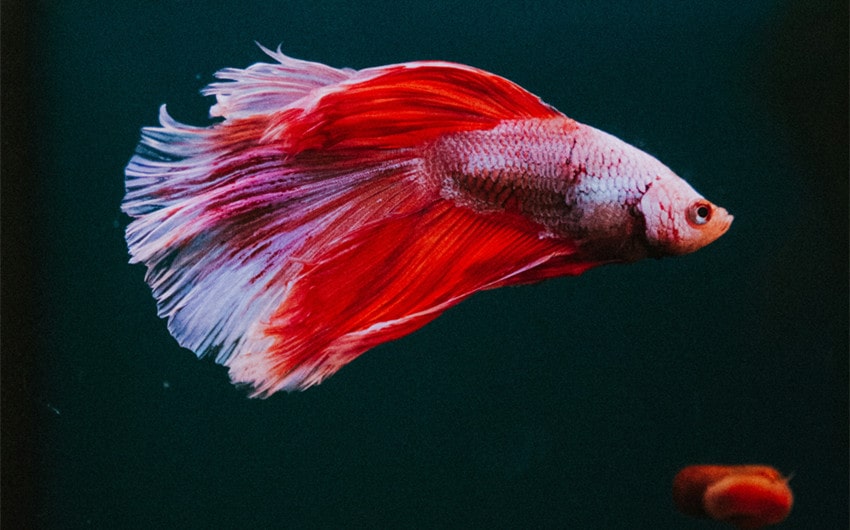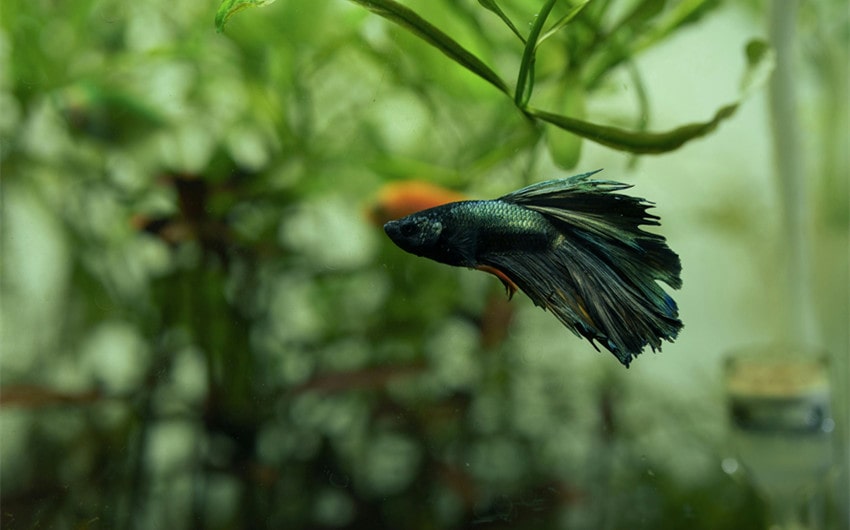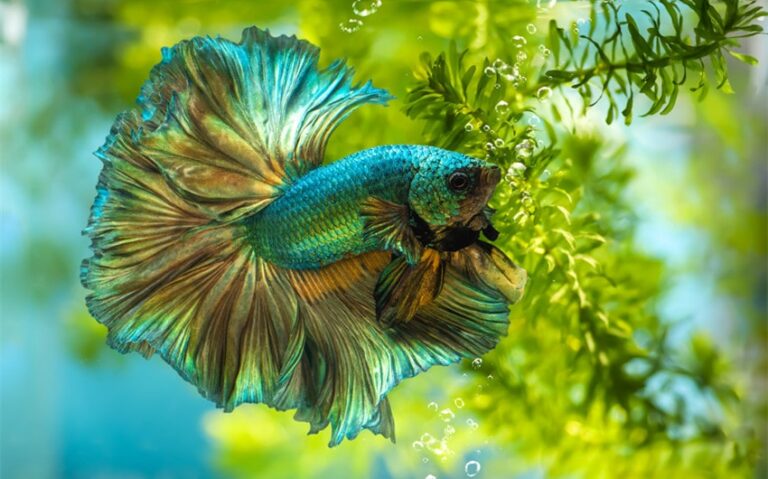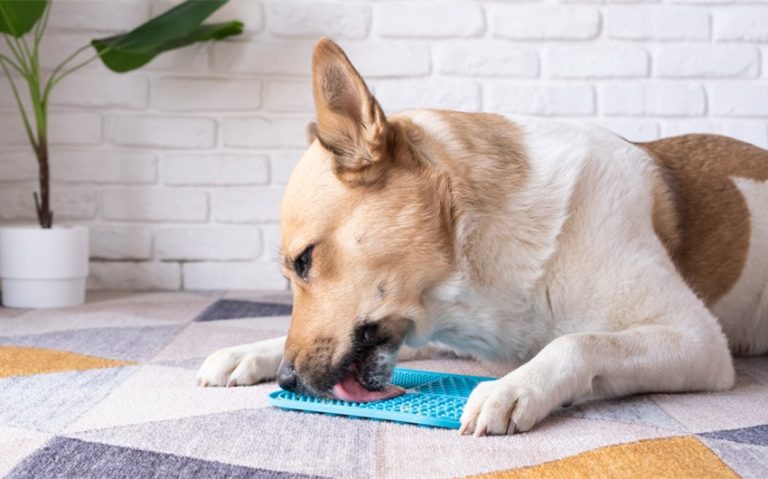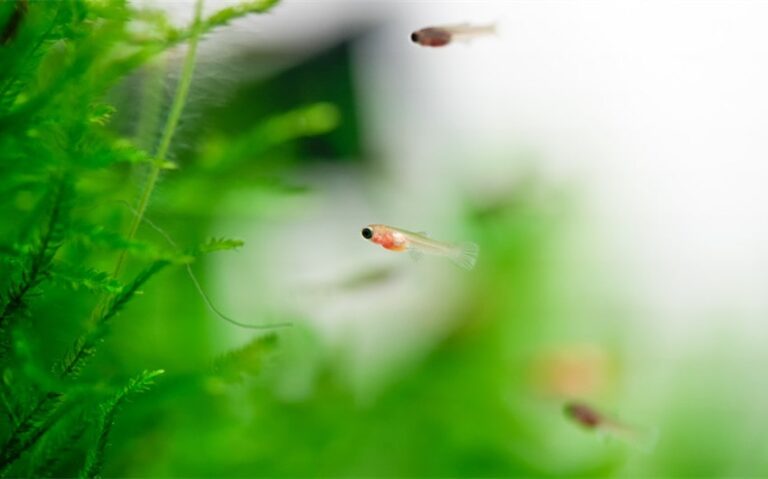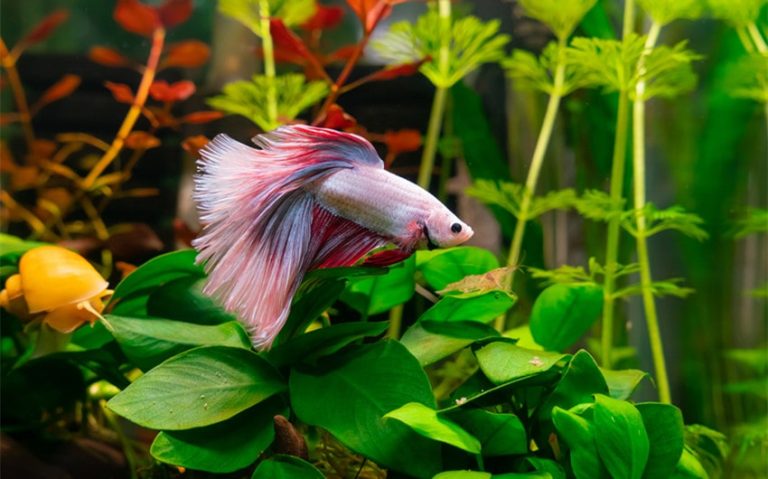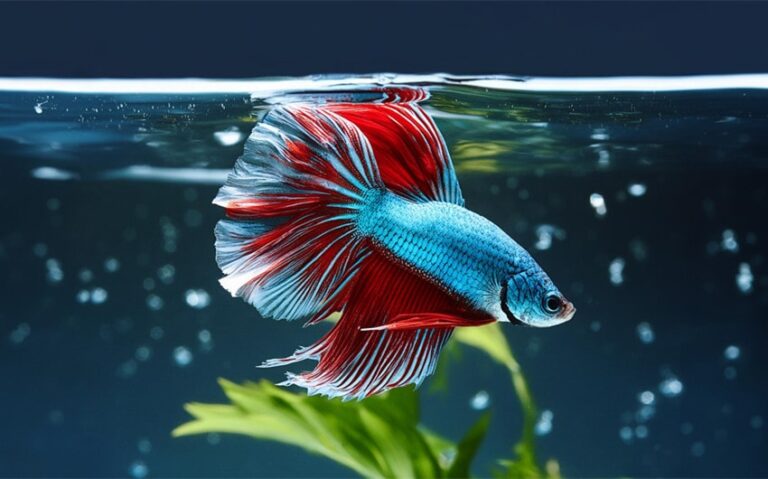How Long Can Betta Fish Go Without Food for Survival?
If you’re a betta fish owner planning a trip or dealing with an unexpected situation, you might wonder: how long can betta fish go without food? While bettas are hardy creatures, knowing their limits is crucial for their health and well-being.
Whether it’s a short weekend getaway or a longer absence, understanding their feeding needs and preparing accordingly can make all the difference. In this article, we’ll explore how long bettas can survive without food, what factors affect their resilience, and how to ensure your pet stays healthy and happy while you’re away.
How Long Can Betta Fish Survive Without Food?
Betta fish, known for their resilience and adaptability, can generally survive without food for 7 to 10 days under optimal conditions. However, their ability to endure a lack of feeding depends on several critical factors, including their overall health, the tank environment, and the duration of the fasting period. While bettas can survive without food for this period, it doesn’t mean they should go without feeding regularly, as extended fasting can stress their bodies and weaken their immune systems.
Factors That Affect Survival
Overall Health:
A healthy betta with proper care, a balanced diet, and no underlying illnesses is better equipped to handle short periods without food. Conversely, a betta with pre-existing health issues may struggle to survive even a few days without feeding.
Age:
Younger bettas typically require more frequent feedings due to their faster metabolism and growth needs. Older bettas may have slightly slower metabolisms, allowing them to endure short fasting periods more easily.
Water Conditions:
A clean, stable tank environment is critical during fasting periods. Poor water quality can amplify stress and harm the fish’s health, reducing their ability to cope without food. Maintaining proper filtration, temperature, and water parameters (ammonia, nitrite, and nitrate levels) can help bettas manage fasting periods.
Tank Temperature:
Bettas are tropical fish and thrive in warm water between 76-80°F (24-27°C). Lower temperatures slow their metabolism, making them less active and able to survive longer without food. However, fluctuating or excessively high temperatures can cause stress, reducing their survival chances.
Stress Levels:
Stress can significantly impact a betta’s ability to survive without food. Factors like aggressive tank mates, sudden changes in their environment, or loud noises can weaken their resilience. A calm, consistent environment is key to helping them manage fasting periods.
Why Avoid Prolonged Fasting?
While bettas can technically survive without food for over a week, prolonged fasting is not ideal. Lack of regular feeding can lead to:
- Weakened Immune System: Prolonged fasting makes bettas more prone to illnesses and infections.
- Loss of Muscle Mass: Bettas may start metabolizing their muscle tissue for energy, leading to long-term health consequences.
- Behavioral Changes: Extended periods without food can result in lethargy, irritability, and erratic swimming behaviors.
Preparing for Short-Term Absences
Proper preparation ensures your betta fish remains healthy during a short absence. Here’s what to do:
- Feed a Balanced Diet: Offer high-quality pellets and occasional treats like bloodworms before leaving. Avoid overfeeding to prevent digestive issues.
- Clean and Stabilize the Tank: Perform a 25-30% water change, clean the filter, and test water parameters to ensure ammonia, nitrite, and nitrate levels are safe.
- Maintain Tank Conditions: Use a heater to keep water at 76-80°F, set a timer for lights, and provide hiding spots to reduce stress.
- Check Tank Mates: Ensure peaceful cohabitation; remove aggressive tank mates if necessary.
- Avoid Overfeeding: Stick to regular portion sizes to prevent uneaten food from polluting the tank.
Tips for Longer Absences
For extended time away, here’s how to ensure your betta stays healthy:
- Use an Automatic Feeder: Pre-test a reliable feeder with dry pellets to ensure consistent feeding.
- Arrange for a Caretaker: Instruct someone to feed pre-measured portions and check for issues like water quality or unusual behavior.
- Avoid Vacation Feeders: Slow-release feeders often dissolve quickly, polluting the water and causing health risks.
- Optimize Tank Conditions: Perform a partial water change, test equipment, and add live plants to maintain water quality.
- Secure the Tank: Keep the lid secure, use a light timer, and place the tank in a stable, low-traffic area.

